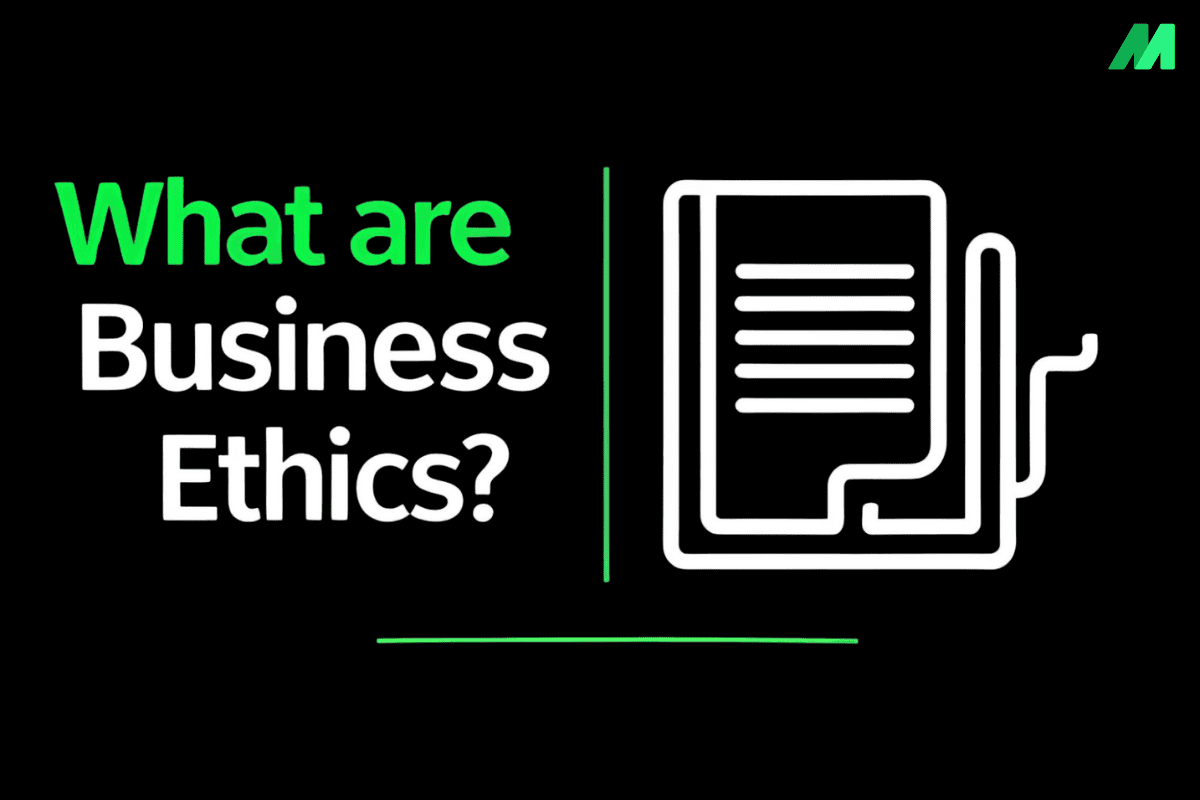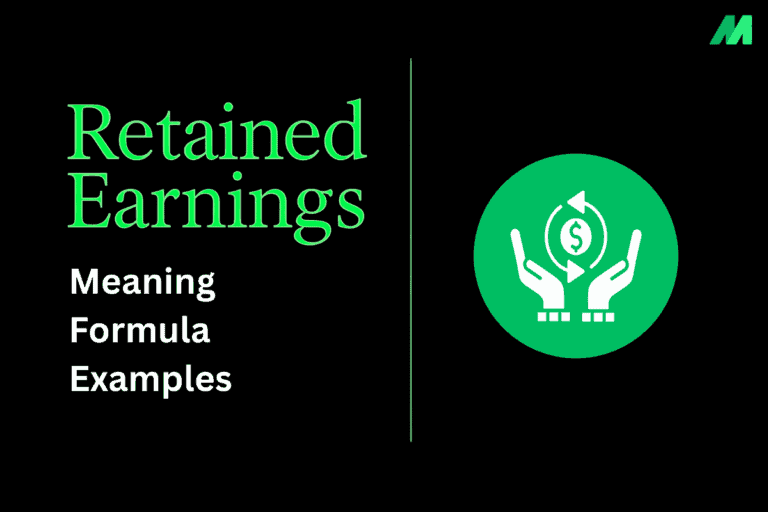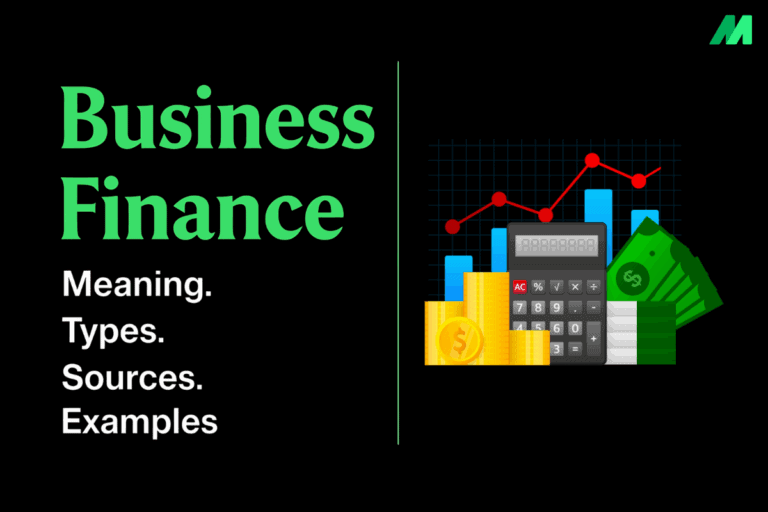In the rush to make money that runs the business environment we live in today, concepts of “doing the right thing” may be believed, and rightly so, that’s “nice to have,” but not the bare minimum. But that’s where business ethics comes in, reminding companies that integrity is not only good karma, it’s good business.
What is Business Ethics?
Business ethics are the moral principles and standards that guide behavior in the business sector. It’s about making choices that are not legally unquestionable, but are also socially responsible & fair.
In simple terms, it’s how businesses decide what’s right and wrong, and act accordingly. Business ethics covers everything from how companies treat employees and customers to how they handle data, make decisions, and interact with society.
Examples of Business Ethics
Business ethics is based on just a few key principles that help guide decision-making. If you can heed these things, your business may become that found family most of us only ever dreamed about:
- Do what is right, even when no one is watching.
- Be direct and honest in both case of even if you’re wrong.
- Stand up and take ownership of your effects; it is YOUR brainchild anyway.
- First of all, do not make distinctions and always be impartial.
- Respect the rights and the dignity of people (should be a given).
- Gain community trust from employees, customers, and partners. Don’t build a business just build a community.
- Obey the law but not because you must do so but because it is the right thing to do so.
These guidelines guide a businesses to remain centered in case of a hard decision making.
The Answer to Why Business Ethics Actually Matters
Ethics is not only about avoiding the scandal; it is about developing a long-running enterprise on sound principles.
Why are they essential? Here is why:
- Develops trust: Customers and staffs stay with companies they trust.
- Enhances image: Ethical firms are able to find better staff and investors, and associations.
- Minimizes legal risks: Adopting ethical practices reduces the risks of liability and legal action.
- Drives loyalty: People desire to work and shop at places where they feel overall cared and looked after.
- Ethics leads to the long-term success: Ethics ensures a firm base toward long term achievements.
Ethically speaking, being ethical is hardly a cost, it is an investment.
Types of Business Ethics
Business ethics are dynamic in nature; they can show up in different areas of a company. Here are a few types:
- Personal ethics: Values individuals carry into the work place.
- Corporate ethics: The norms of working and culture of the company, and fair treatment, diversity and inclusion in the workplace.
- Environmental ethics: The effect of a company on the globe.
- Social ethics: The way in which a business treats society and Communities.
- Technological ethics: The ethical use of information, artificial intelligence and digital instruments.
Both kinds are influential in the process of creating the ethical composition of a company.
How to Apply Good Business Ethics
So how do you work that ethical muscle into your business? Here’s a checklist for you:
- Develop a list of ethics: Document these values and make it clear to your team.
- Lead by example: Practice everything you teach and value; that is, be the example everyone would like to believe in.
- Train your team: Provide workshops and resources that help employees understand and practice ethics. Let’s not forget, we all need a little help to grow.
- Facilitate an open dialogue: Foster an environment in which employees feel safe to express concerns or report unethical conduct.
- Incent commodity ethical behavior: Acknowledge and celebrate the employees who are doing the right things.
- Review and improve: Frequently evaluate your practices and evolve policies when necessary, because, like us, they need evolving too. Overall, in and of itself, the savage jungle of advancement, only the adaptable endure.
Ethics is not a one-time transaction; it’s a culture that needs nurturing.
Final Thoughts: Ethics is the Real Bottom Line
Business ethics offers companies the ability to analyze the choices available to them. It’s not simply a matter of minimizing negative publicity. It’s about creating an image that is credible, worthwhile, and enduring.
Starting your own business, leading, or working for someone else, applying ethics strategically will distinguish you and position your business for genuine success. Because at the end of the day, the ethical option is almost always the best.




